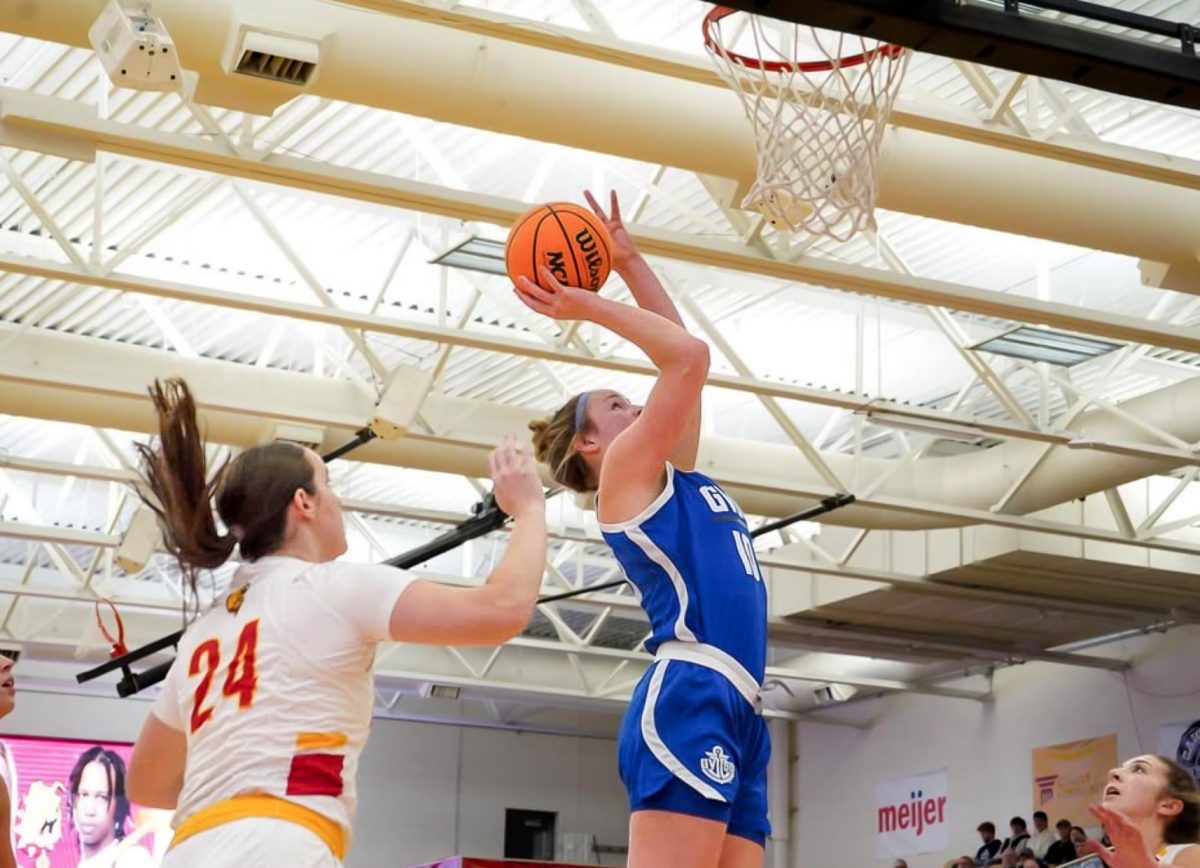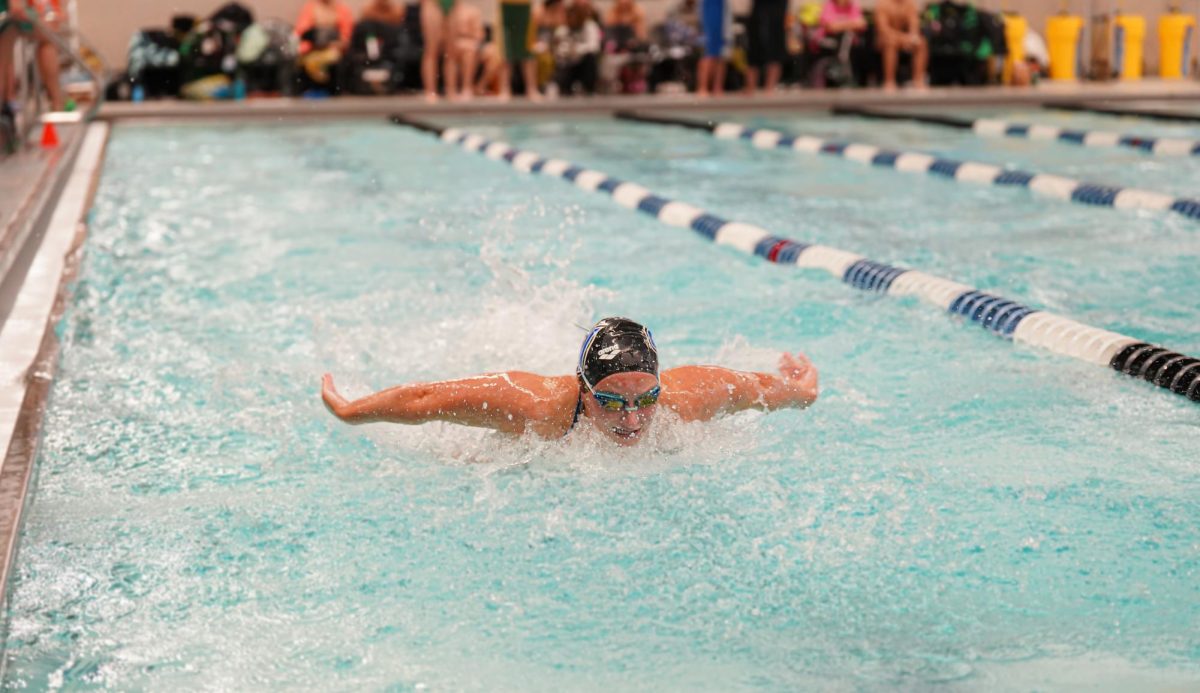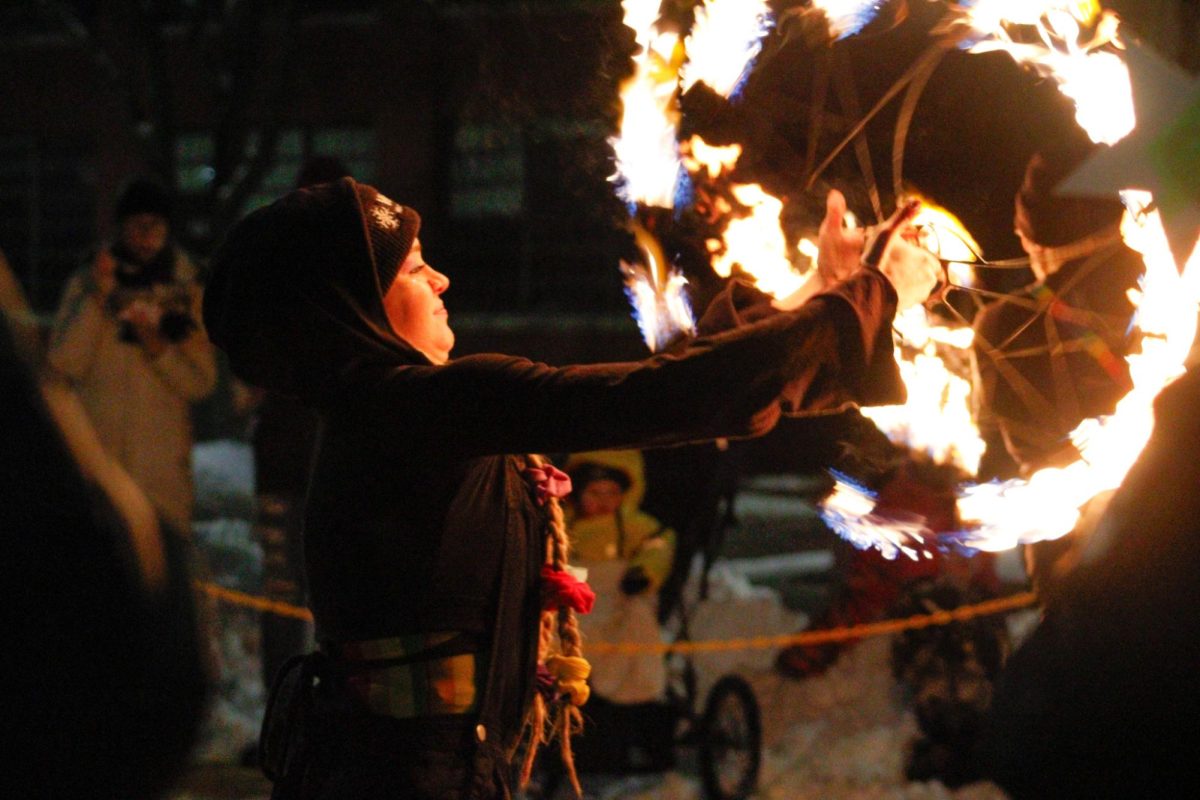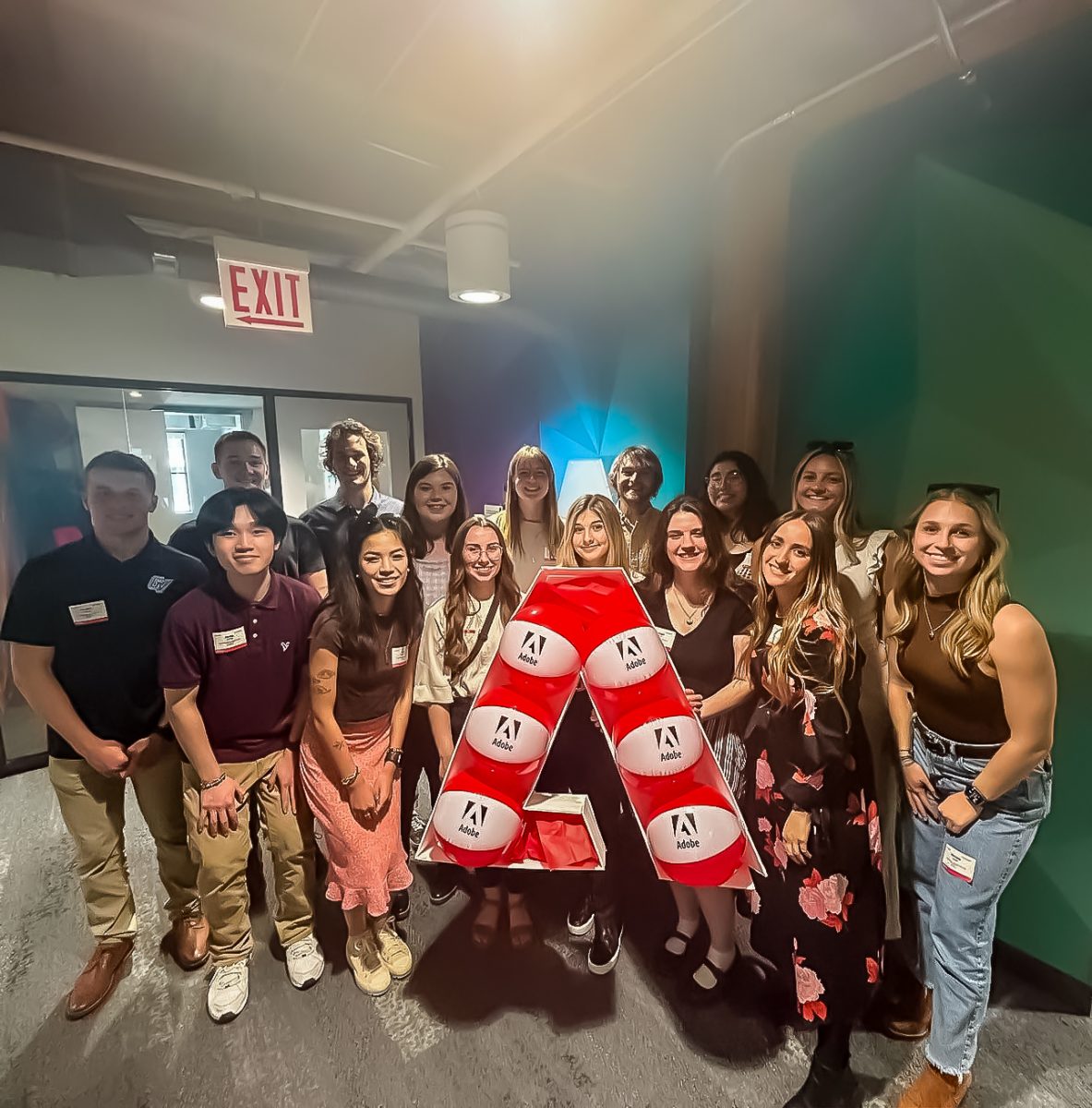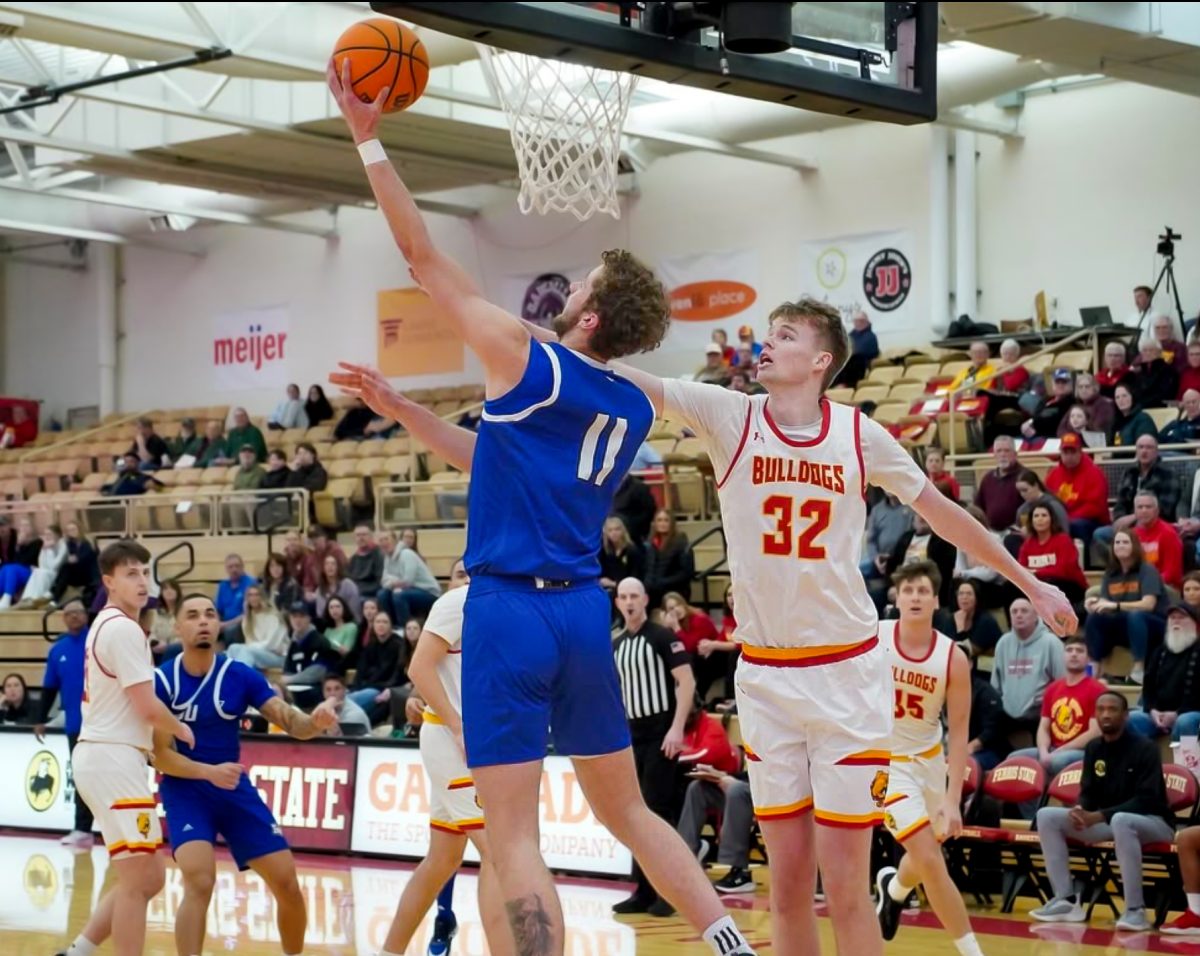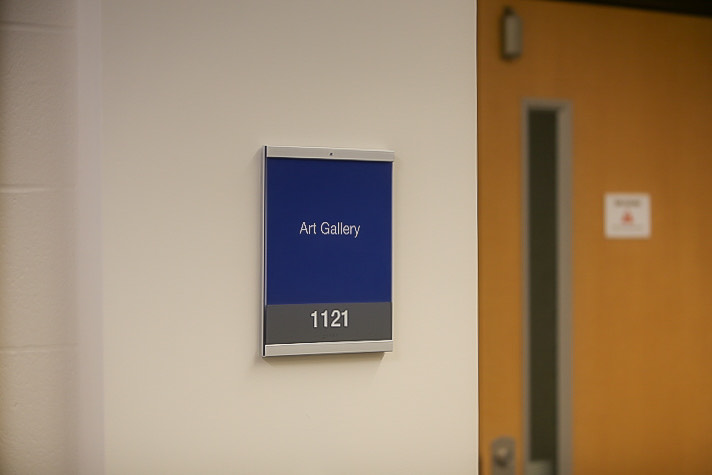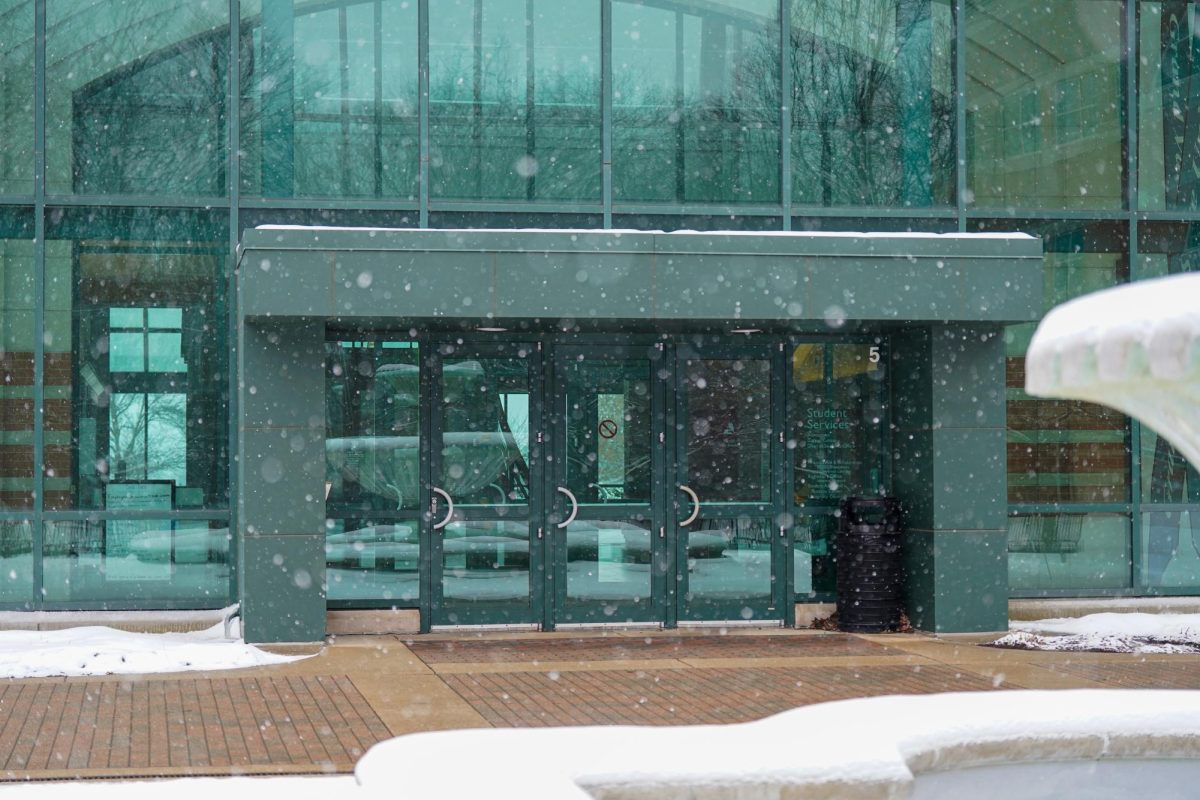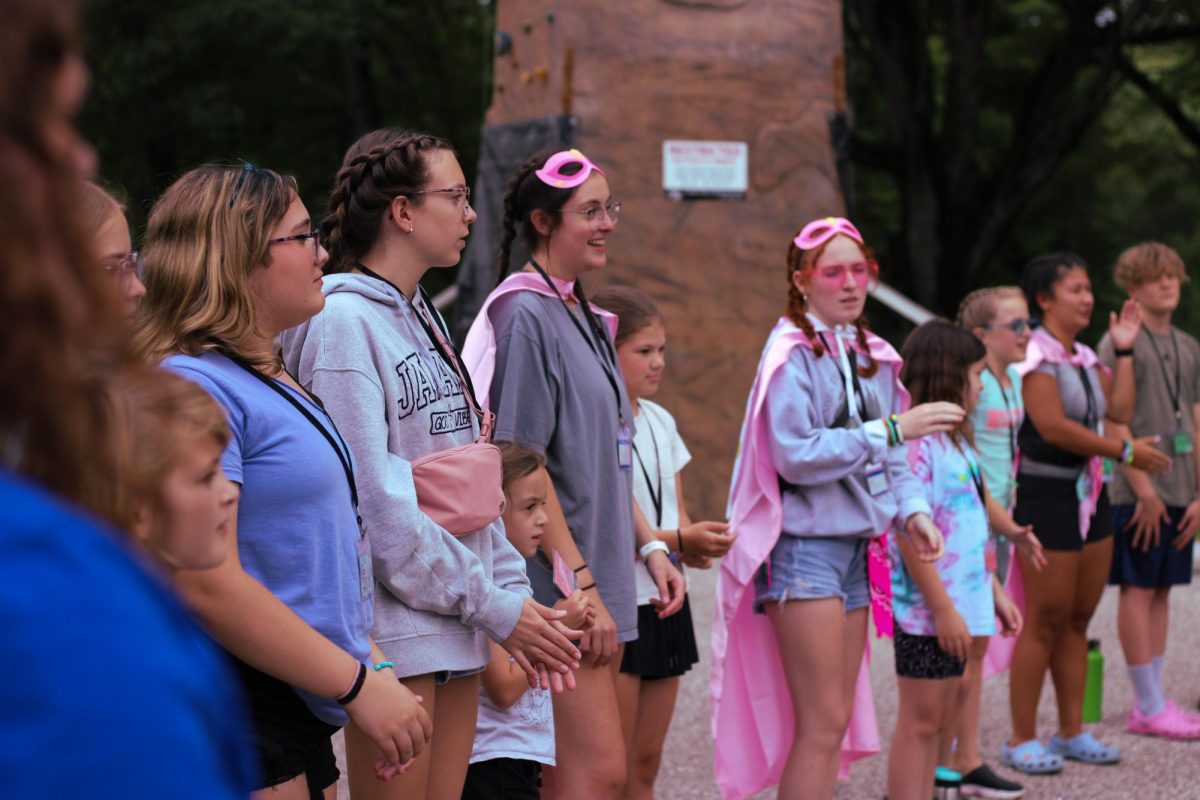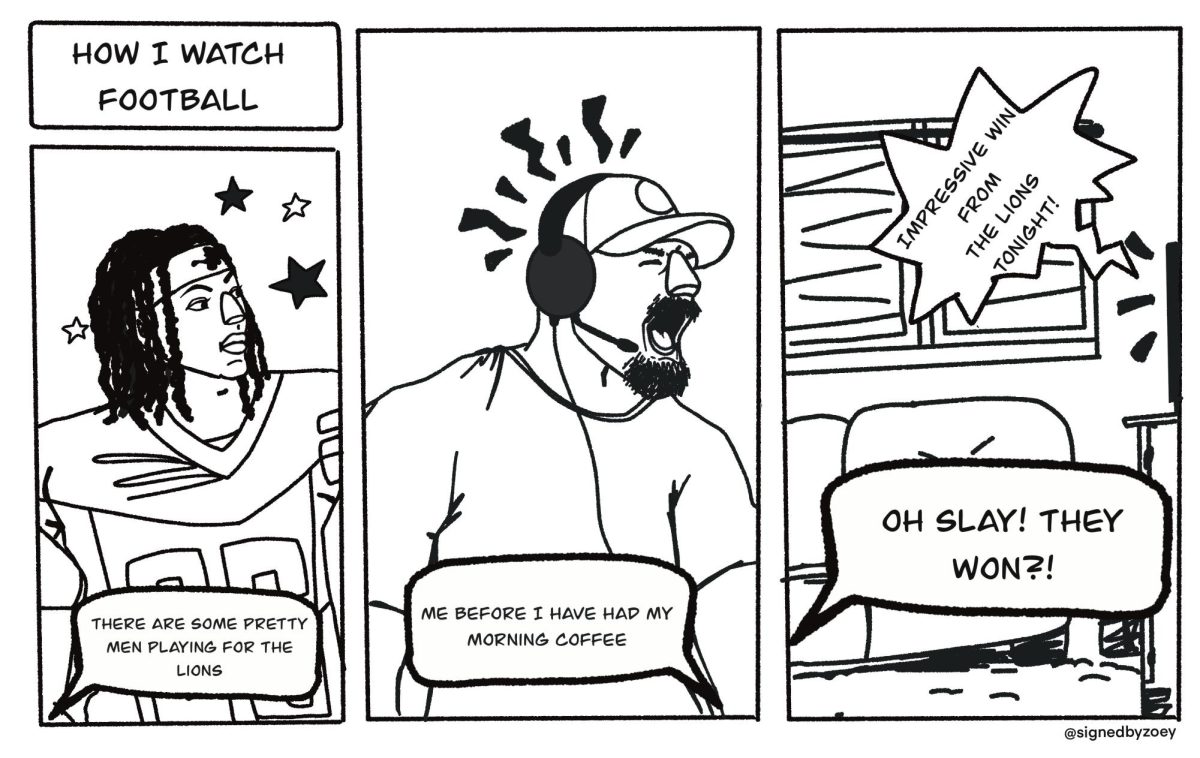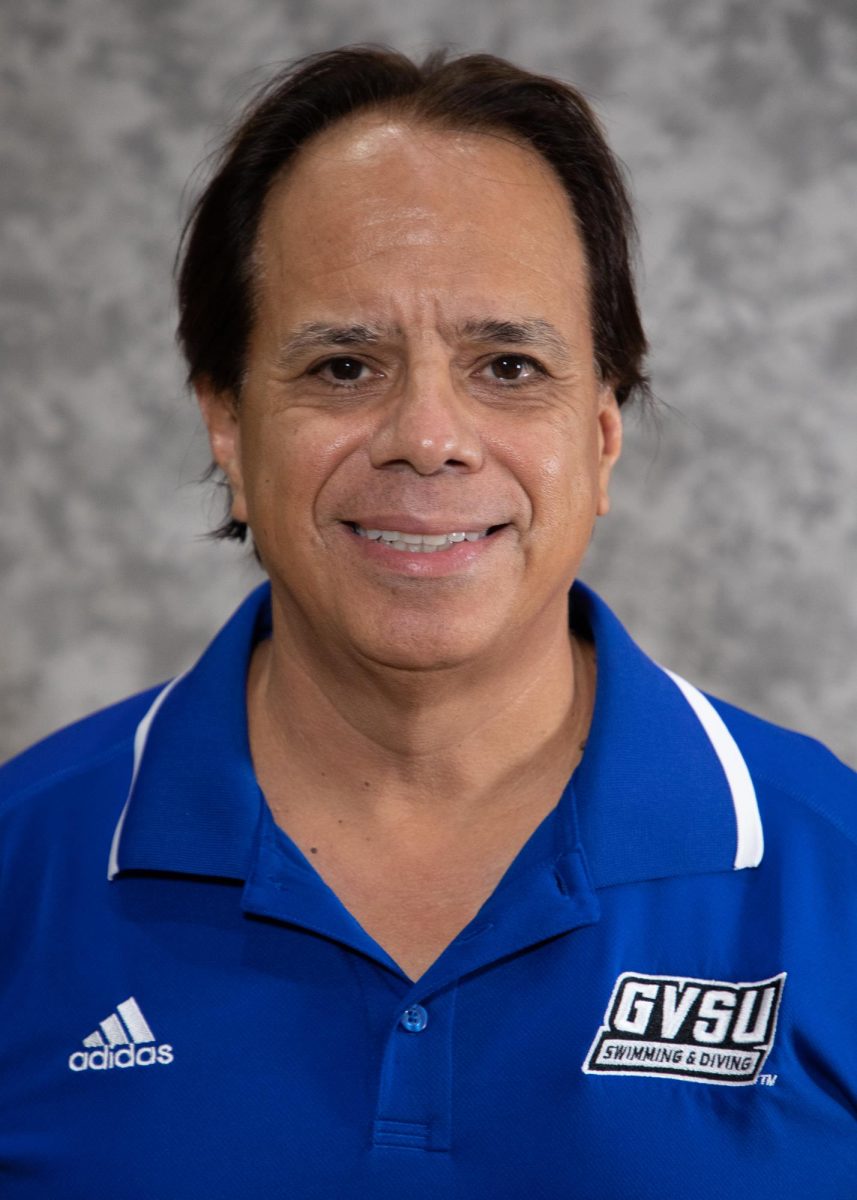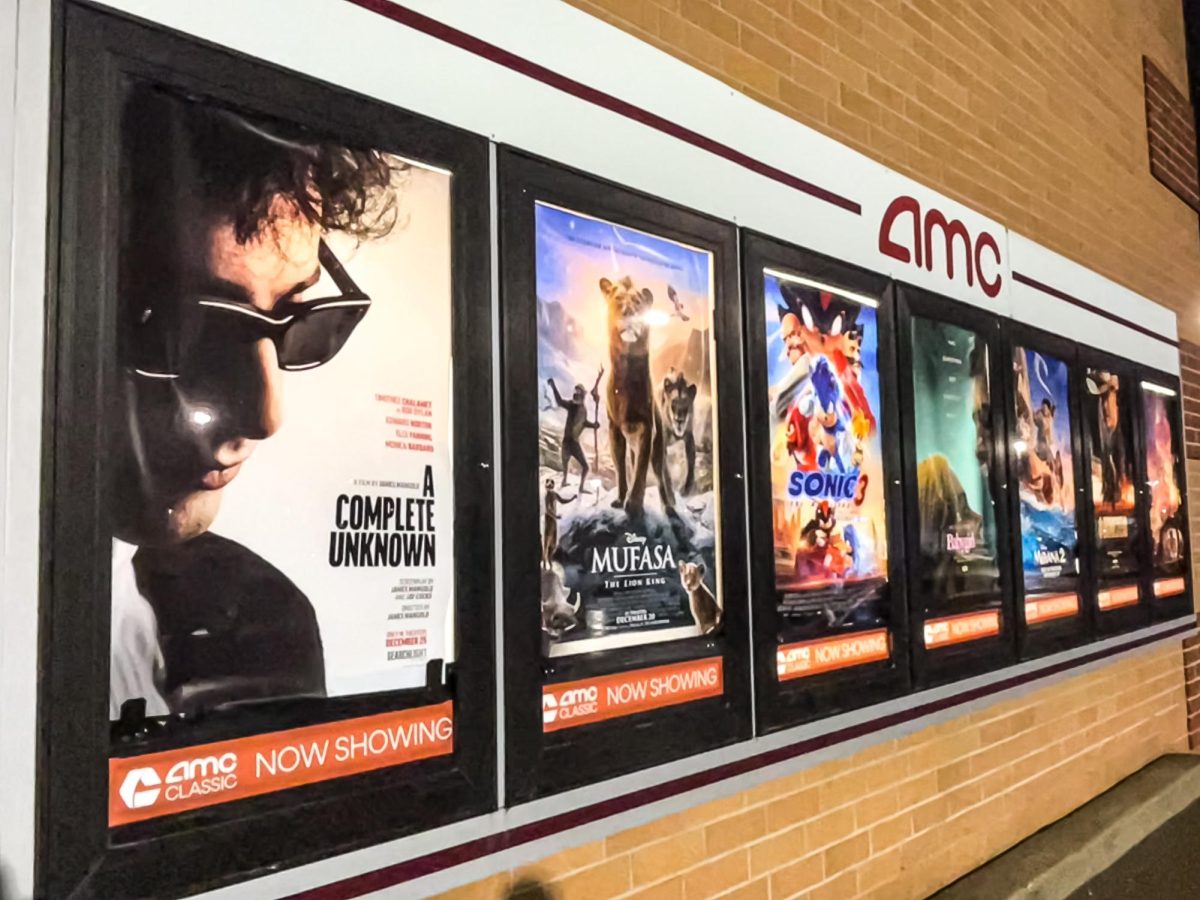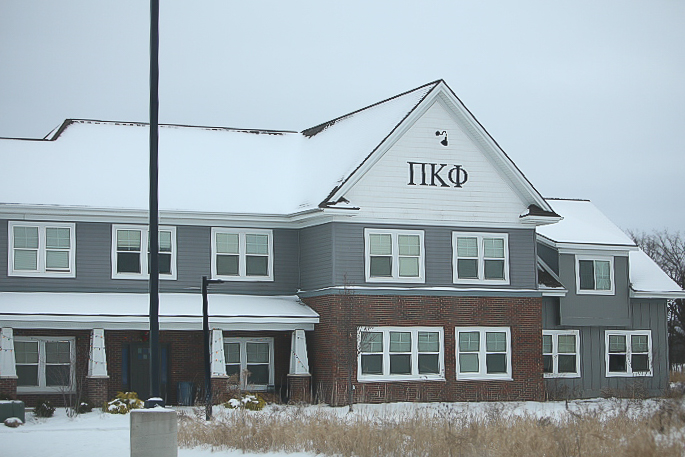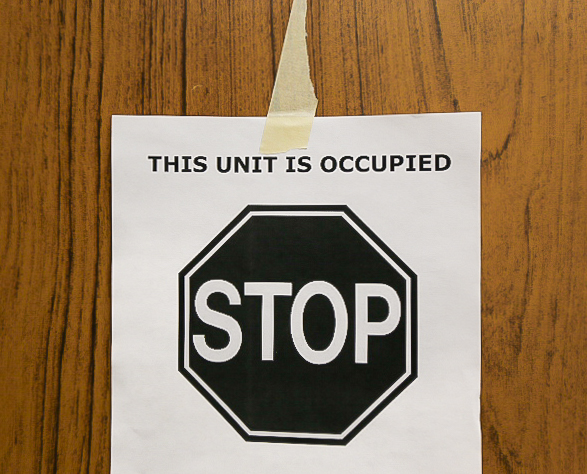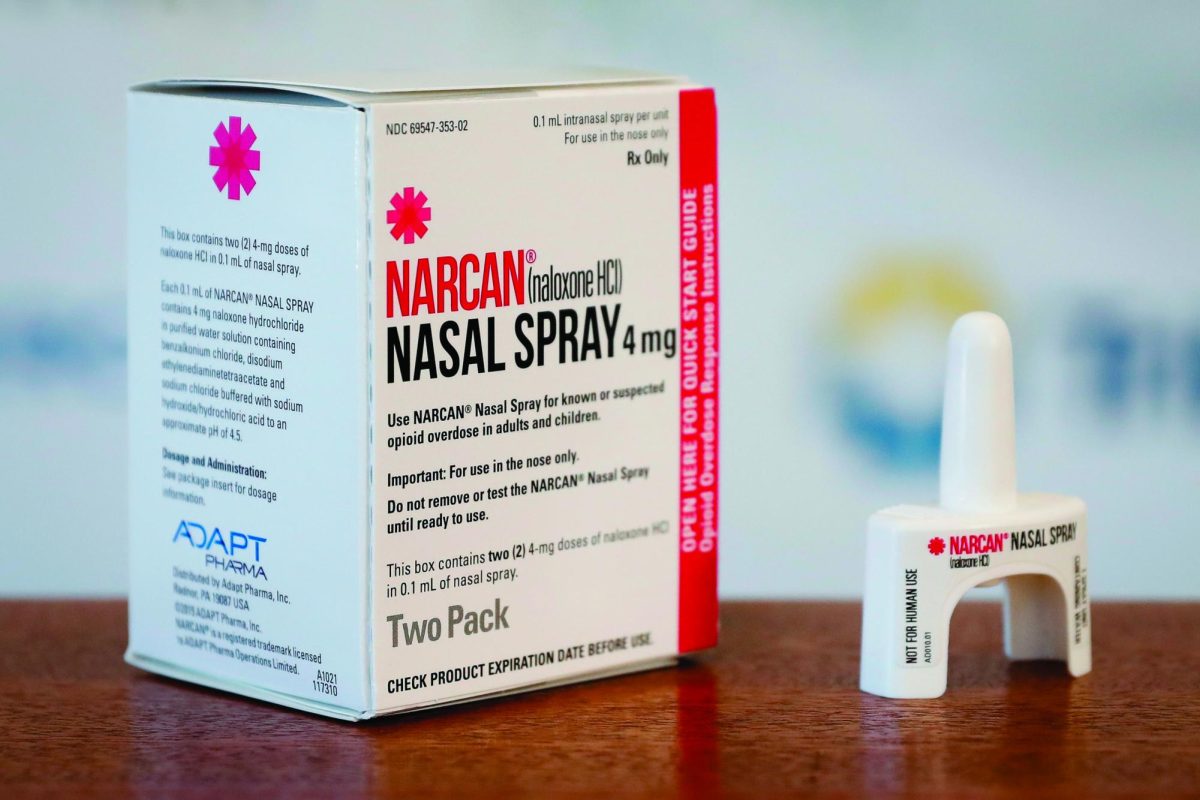It’s on us to stop campus sexual assault
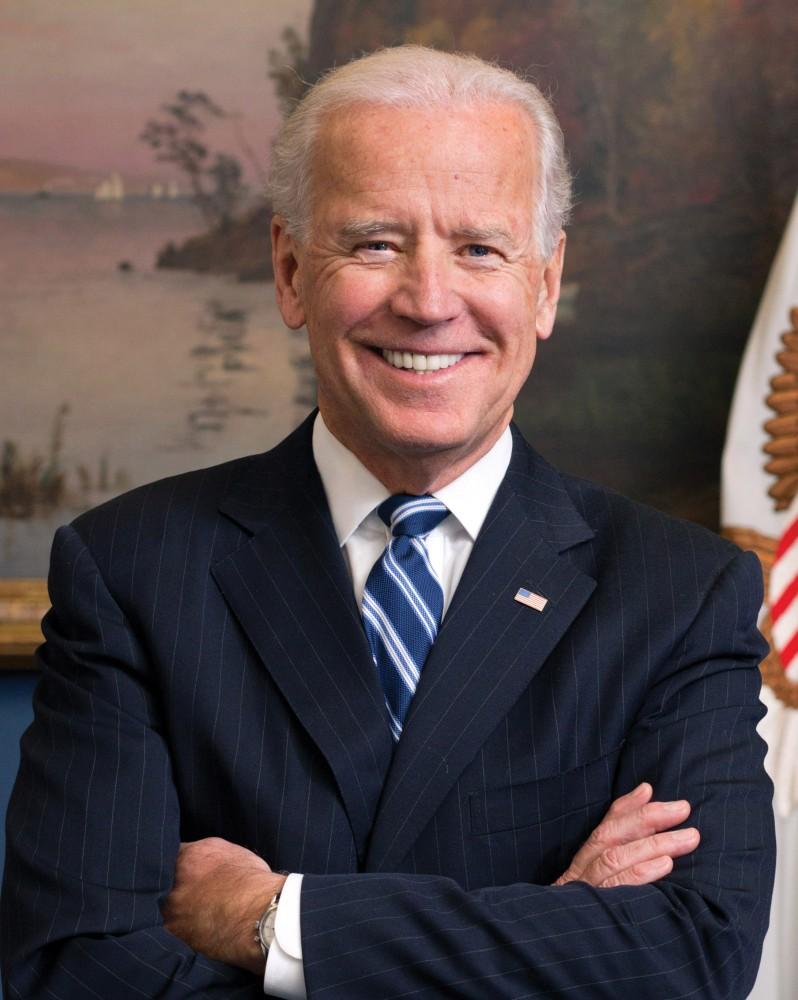
GVL / Courtesy – David Lienemann Joe Biden; official portrait
Nov 9, 2015
Twenty-one years ago, I wrote the Violence Against Women Act to end the violence against women and hold perpetrators accountable. It’s been a great success, but even one attack is one too many.
I held a number of calls with hundreds of students, administrators, advocates and survivors asking what we can do to make colleges safer. The overwhelming answer—get men involved.
So President Obama and I started It’s on Us to wake up our colleges and universities to the epidemic of sexual violence.
Over the past year, we’ve gotten celebrities, major companies, sports leagues and leading broadcasters to participate in public service announcements and display information showing how everyone can help prevent these crimes from happening.
One thing students can do is take the It’s on Us pledge. Over 250,000 students have already pledged
1.To intervene instead of being a bystander.
2.To recognize that any time consent is not or cannot be given, it is sexual assault and it is a crime.
3.To do everything to create an environment where sexual assault is unacceptable, and all survivors are supported.
More than 300 campuses have hosted over 1,000 It’s on Us events, and nearly 300 colleges and universities have created public service announcements, reaching millions of people online and at sporting events.
But this year, we want to do even more. That’s why between Nov. 8 to Nov. 14, I’m traveling across the country calling for a Week of Action to get more students involved.
This week, the University of Wisconsin is hosting an It’s on Us flag football game with student athletes, members of Greek organizations and other student groups. At Stonehill College in Massachusetts, students, faculty and staff are wearing name tags that say how they have been affected by sexual assault: “I am a survivor,” and “I will not be a passive bystander.” Middle Tennessee State University is hosting discussions in the student center and online about consent and stopping sexual violence.
Besides taking the pledge, consider other steps:
Organize drives to get more students to take the It’s on Us Pledge.
Ask businesses, libraries, hospitals to display an It’s on Us logo.
Encourage sports teams, fraternities, sororities, bands and other student organizations to get involved.
Hold press conferences and roundtables with school administrators and community leaders about campus sexual assault.
Spread the word using #ItsonUs.
You have to demand that your universities are held accountable. President Obama and I have made it clear that schools that fail in this responsibility are in violation of Title IX and risk federal investigation and financial penalties.
I also encourage colleges to partner with local rape crisis centers, local law enforcement and women’s health centers to coordinate a community response and ensure that victims are supported in every way possible.
We have more to do to change the culture that asks the wrong questions, like why were you there? What were you wearing? Were you drinking?
We have to ask the right questions: What made him think he could do what he did without my consent? Why did no one stop him instead of standing by? What can we do to make sure everyone has the courage to speak up, intervene, prevent and end sexual assault once and for all?
Survivors are not statistics. They’re our sisters; they’re our classmates; they’re our friends. They’re at every university, every college, in every community—large and small. For all of them, we can and we must end sexual and dating violence on campus.
But we can’t do it without you. Visit www.itsonus.org to find out what you can do during this Week of Action and throughout the school year.
It’s on me. It’s on you. It’s on us, and it’s within our power to end sexual violence on campus.









